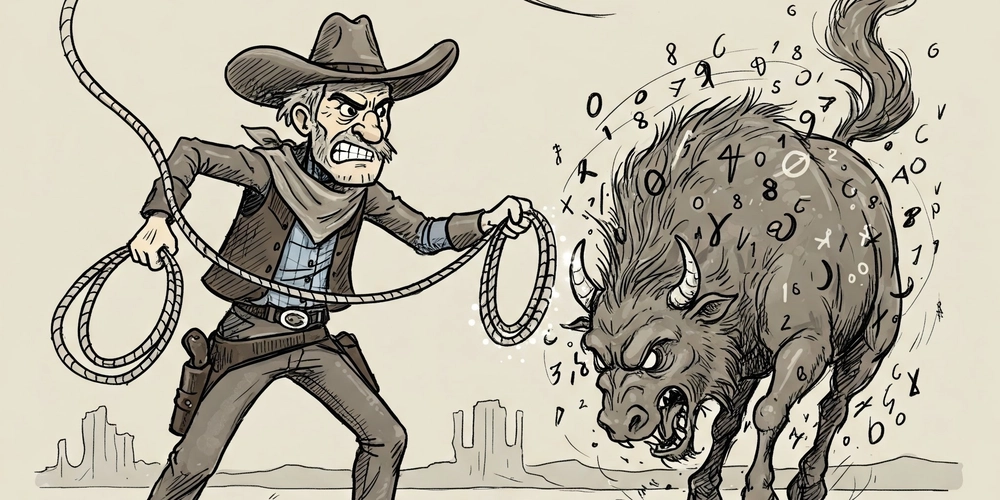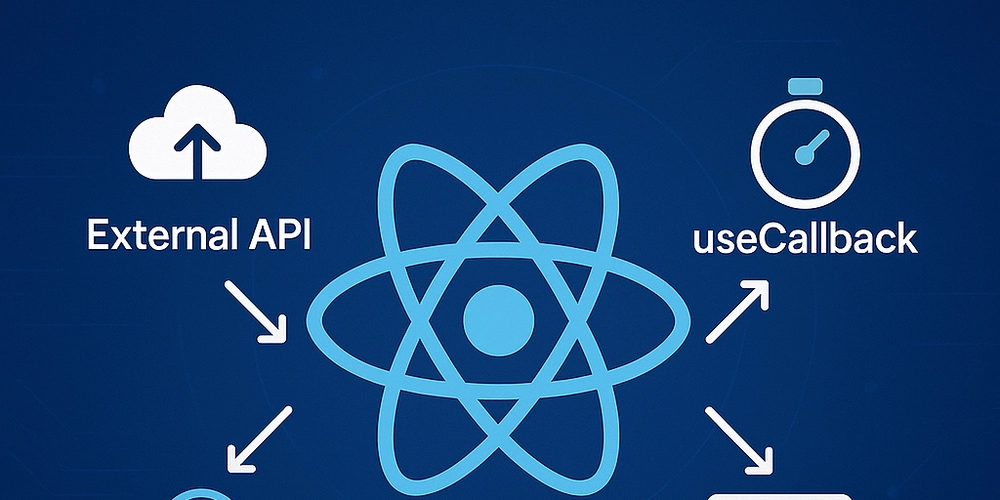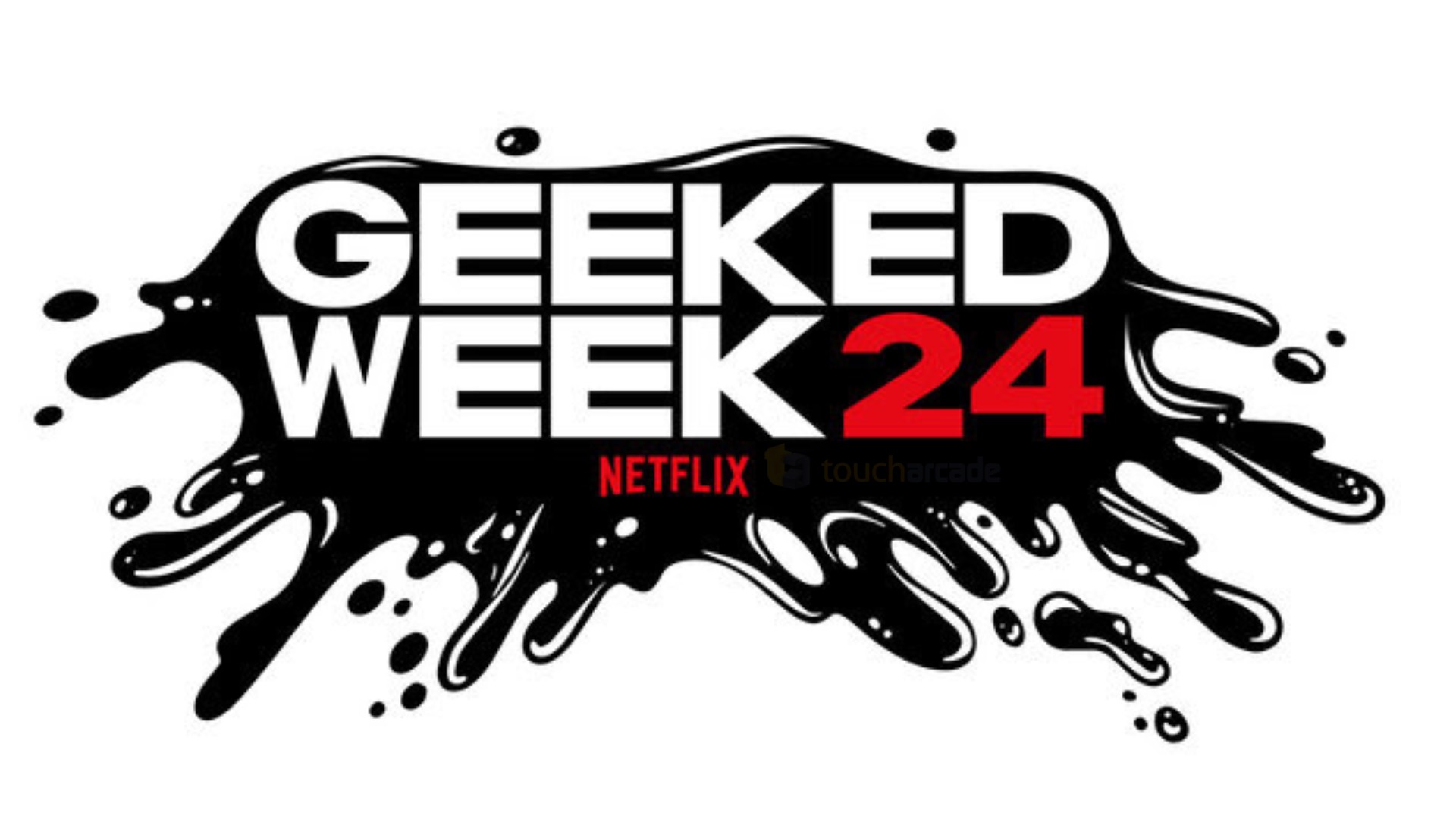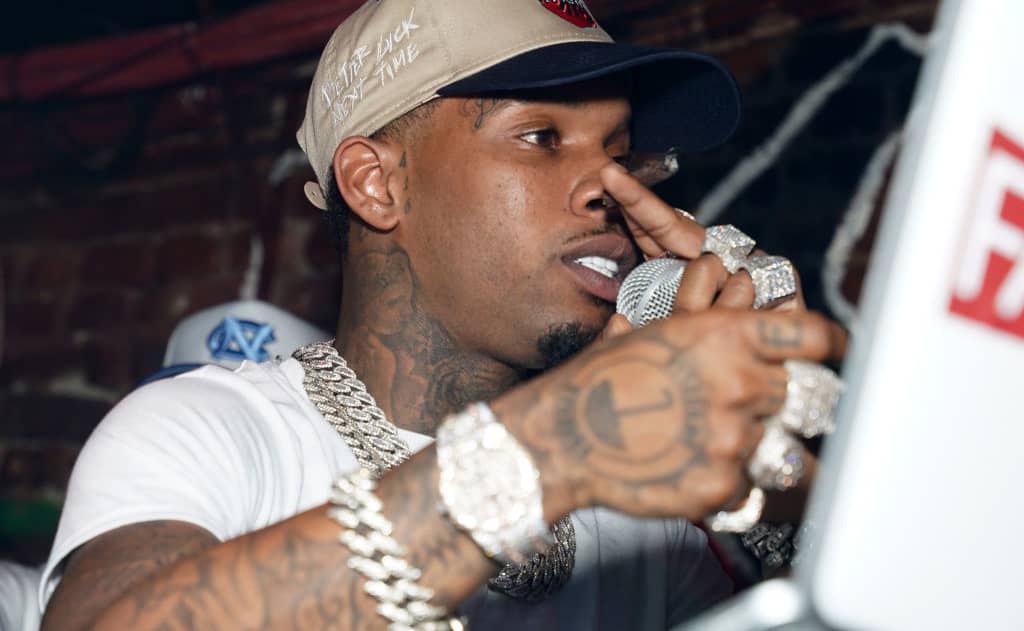Trump drug pricing proposal puts GOP senators in a tough spot
An executive order from President Trump aims to make deep cuts to prescription drug costs, putting GOP lawmakers who have traditionally opposed government-directed drug pricing in a tough position. Republican lawmakers, including Senate Majority Leader John Thune (S.D.) and Senate GOP Whip John Barrasso (Wyo.), have warned in the past that directing the federal government...

An executive order from President Trump aims to make deep cuts to prescription drug costs, putting GOP lawmakers who have traditionally opposed government-directed drug pricing in a tough position.
Republican lawmakers, including Senate Majority Leader John Thune (S.D.) and Senate GOP Whip John Barrasso (Wyo.), have warned in the past that directing the federal government to set drug prices will slow innovation and limit patients’ access to lifesaving therapies.
Now they’re in the tough position of having to respond to Trump’s latest move, which would cut deeply into pharmaceutical companies’ profits.
The industry, which contributes generously to members of both parties, warns that Trump’s proposed reform could jeopardize hundreds of billions of dollars in research and development investments.
Thune on Monday said that Trump’s executive order would be “fairly controversial” if put into legislation on Capitol Hill, reflecting his party’s longtime skepticism of using Medicare’s huge buying power to pressure drug companies to lower prices.
“My assumption is that would be fairly controversial up here if we were doing it … legislatively,” Thune said of Trump’s executive order on drug pricing.
Trump’s executive order directs the secretary of Health and Human Services to work with the administrator of the Centers for Medicare and Medicaid Services to “communicate most-favored-nation price targets to pharmaceutical manufacturers to bring prices for American patients in line with comparably developed nations.”
It would cover drugs offered under Medicare and Medicaid, as well as those offered under private insurance.
Senate Judiciary Committee Chair Chuck Grassley (R-Iowa), when asked about the president’s proposal, instead touted his own bill to ban “deceptive and unfair pricing schemes” by pharmacy benefit managers (PBMs), the so-called middlemen that pharmaceutical manufacturers have blamed for rising prices.
“All you got to do is pass my PBM legislation. We’ll get drug prices down just as easily and that’s what I’m concentrating on,” he said.
The response is more in line with the pharmaceutical industry’s view of the main drivers of high drug costs.
Stephen J. Ubl, the president and CEO of Pharmaceutical Research and Manufacturers of America (PhRMA), said in a statement Sunday responding to Trump’s proposal that “PBMS, insurers and hospitals” right now “take 50 percent of every dollar spent for medicines.”
He said that “the amount going to middlemen” in the United States “often exceed the price in Europe.”
Sen. James Lankford (R-Okla.), a member of the Senate Finance Committee, said he wanted more time to review the “details” of Trump’s proposal, warning of the potential impact on research and development.
“I’ve not seen all the details on it yet,” he said. “The details matter on this because we do want to make sure we continue to do research and development here in the United States.”
Despite the strong opposition of many Senate Republicans to what they call government “price fixing,” Thune said he recognizes that Trump has a “passion” for lowering drug costs, even if it means veering away from traditional conservative policymaking.
“He clearly wants lower drug prices and it’s something, I think, like a lot of other issues that he’s had a passion about and believed in for a long time,” he added.
Trump at a press conference Monday acknowledged the “drug lobby is the strongest lobby in this country” but declared “starting today, the United States will no longer subsidize the health care of foreign countries” and “no longer tolerate profiteering and price gouging by Big Pharma.”
The pharmaceutical industry spent $387 billion on lobbying in 2024.
Trump argued that the “brutal” negotiating tactics of European Union members and other foreign trading partners to achieve lower drug costs for their own citizens have shoved costs onto American consumers.
Trump related an anecdote of a supporter who paid $88 for a weight loss drug in Britain that would cost him $1,300 in the United States.
He pledged Sunday in a post on Truth Social that his order would bring drug costs down by between 30 percent and 80 percent.
Trump instructed both Speaker Mike Johnson (R-La.) and Thune in a phone call to “score” the projected savings from Medicare negotiating lower drug prices into the total cost estimate for the budget reconciliation package they intend to pass later this year to cut taxes and enact other of Trump's priorities.
“I said when you score, you’re going to have to score two things, you’re going to have to number one score the hundreds of billions of dollars of tariff money that’s coming in. But even bigger than that, you’re going to have to score that your cost for Medicaid and Medicare and just basically pharmaceuticals and drugs are going down at a level that nobody has ever seen before,” Trump declared.
But many Republicans have long rejected the idea of directing the Department of Health and Human Services to pressure drug companies to lower costs, warning that it would slow innovation and ultimately patients’ access to an array of cures.
Speaking on the Senate floor in October of 2019, Thune criticized a bill drafted by the Democratic-controlled House to require Health and Human Services to negotiate directly with drug manufacturers — elements of which were later included in the Inflation Reduction Act (IRA), which former President Biden signed into law in 2022.
Thune called then-Speaker Nancy Pelosi’s (D-Calif.) prescription drug bill “the latest installment in Democrats’ campaign for government-run health care.”
While Thune acknowledged that high drug costs “are a problem,” he argued that “upending the entire American health care system is not the answer.”
He noted that while U.S. patients had access to 96 percent of new cancer drugs, countries that insisted on prescription drug price caps such as Germany, France and Japan had access to fewer new drugs.
He noted that European investment in drug research and development dropped off significantly after 1986, “when European governments stepped in an started imposing price controls.”
Barrasso, a member of the Senate Finance Committee, warned at a hearing in September that Biden’s IRA had put some drugs targeting rare diseases on the “chopping block” by mandating Medicare drug price controls.
“The law claims to protect rare-disease drugs from price-setting programs created by this act, but this is only if the drug is approved for a single rare disease, not for multiple diseases. Otherwise it’s on the chopping block for Medicare drug price negotiations and can be pulled from the market,” Barrasso said at a hearing on health care costs under the IRA.
He warned that the “disincentive” for developing new drugs for rare diseases was “already impacting innovation.”
Barrasso told The Hill on Monday that he would need to study Trump's proposal in greater depth.
"I'm going to have to see exactly what the proposal is," he said.
Ubl, the head of PhRMA, warned in his statement Sunday that “importing foreign prices from socialist countries would be a bad deal for American patients and workers.”
“It would mean less treatments and cures and would jeopardize the hundreds of billions our member companies are planning to invest in America — threatening jobs, hurting our economy and making us more reliant on China for innovative medicines,” he warned.


















































































